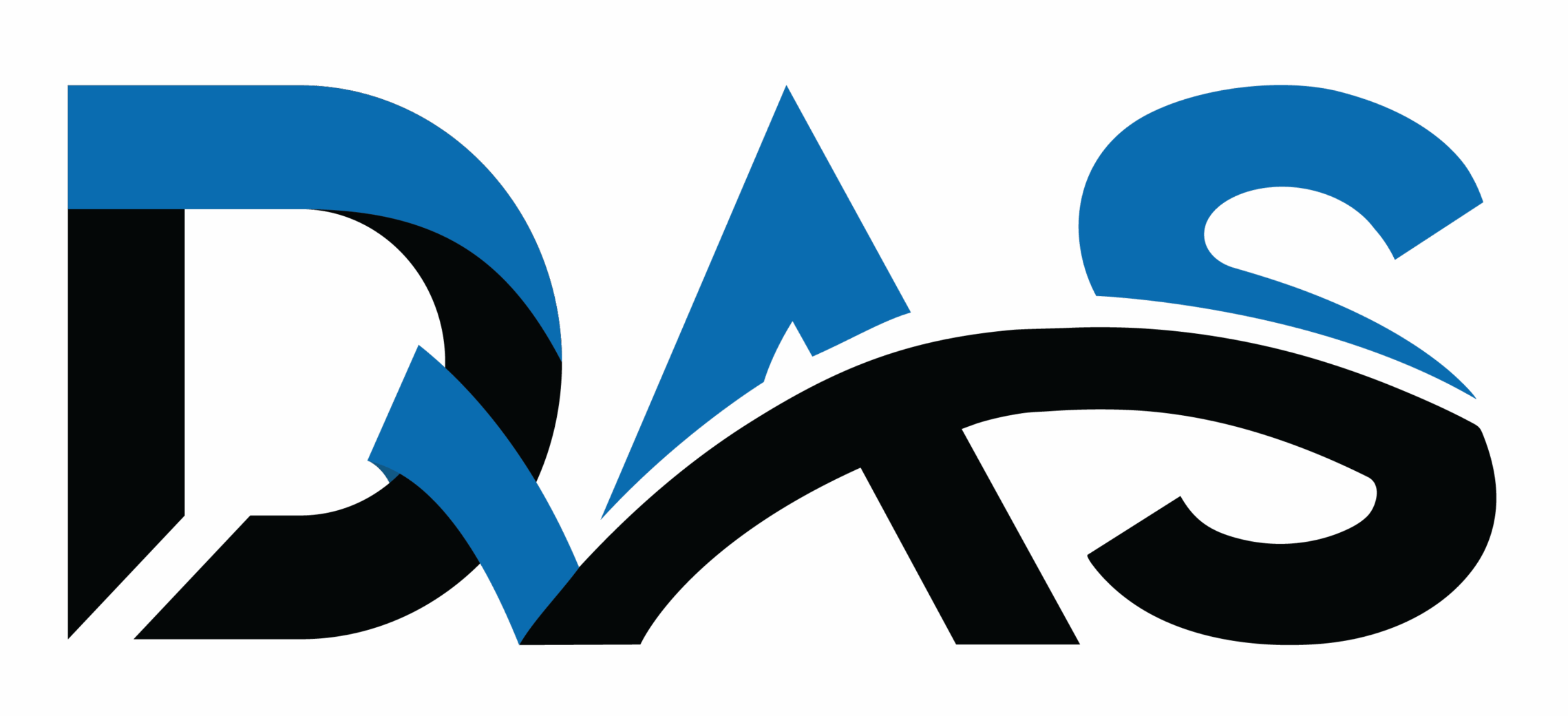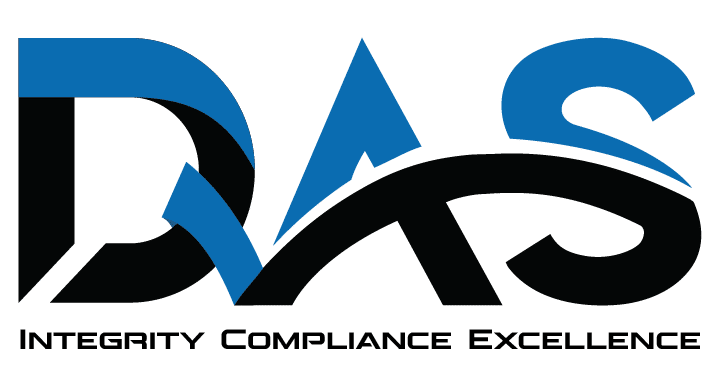Mobile Crane Operator Training
Mobile Crane Operators Training is a structured program designed to equip individuals with the knowledge and practical skills necessary to safely and efficiently operate mobile cranes. It is crucial for reducing workplace accidents, ensuring compliance with safety regulations, and promoting effective material handling operations.
Purpose of Mobile Crane Training
- Ensure operator competence and safety
- Comply with national and international safety standards (e.g., ISO, OSHA, LOLER, LEEA)
- Reduce workplace incidents and property damage
- Promote efficient crane operations and load handling
Requirements for Mobile Crane Operators Training
- Basic Eligibility:
- Minimum age (usually 18 or older)
- Physically fit and medically cleared
- Basic literacy and understanding of safety language
- Regulatory Compliance:
- Must comply with national safety laws and standards
- Should follow guidelines of OSHA, LEEA, or ILO depending on the region
- Trainer Qualifications:
- Trainers must be competent and certified
- Training providers should be approved/accredited by relevant bodies
- Assessment and Certification:
- Written and practical evaluation
- Valid certification for successful candidates
Typical Contents of Mobile Crane Operator Training
A. Theoretical (Classroom) Training
- Introduction to Mobile Cranes
- Types and functions of mobile cranes
- Regulatory & Safety Guidelines
- Lifting regulations, OSHA/LEEA standards
- Site and equipment safety practices
- Crane Components and Terminology
- Boom, outriggers, hoists, blocks, etc.
- Load Charts and Calculations
- Interpreting load charts
- Load capacity and safe lifting limits
- Pre-Operation Inspection
- Equipment checks, maintenance logs
- Risk Assessment & Hazard Identification
- Identifying unsafe conditions
- Signaling and Communication
- Hand signals and radio communication
- Emergency Procedures
- Actions during mechanical failure or unsafe conditions
B. Practical Training
- Pre-use Inspection Practice
- Operational Control
- Crane movement, hoisting/lowering loads
- Rigging and Slinging Techniques
- Load Handling and Lifting Practice
- Center of gravity, load balance, terrain handling
- Simulation of Emergency Situations
- Practical Safety Drills
DAS Services for Mobile Crane Operator Training
DAS Certification is a LEEA Full Member and an accredited body offering international-level training, inspection, and certification services. For mobile crane operator training, DAS can provide the following:
✅ Comprehensive Mobile Crane Operator Training Program
- Based on LEEA, OSHA, ISO 9926, and national standards
- Customizable modules for beginner, intermediate, and advanced levels
✅ Qualified Trainers and Assessors
- Certified, experienced trainers with field expertise
- On-site or classroom-based training options
✅ Training Certifications
- Issue training completion certificates
- Certification aligned with occupational safety compliance requirements
✅ Hands-on Practical Training Support
- Training conducted at client site or training yard
- Practical assessments and skill demonstrations
✅ Safety and Compliance Advisory
- Assistance in developing internal safety programs
- Support with regulatory compliance and audits
✅ Refresher Courses and Re-certification
- Periodic refresher training
- Re-certification for expired or expiring credentials
✅ Training Material and Evaluation Tools
- Provision of manuals, presentations, safety videos
- Written and practical evaluation exams
Benefits of Choosing DAS for Mobile Crane Training
- Backed by LEEA UK membership, ISO 17020 Accreditation and DAS Approval, registration from PSQCA.
- Ensures internationally recognized competency
- Reduces workplace incidents and enhances safety culture
- Helps meet legal and client-specific compliance
- Tailored programs for construction, logistics, shipping, and industrial sectors

